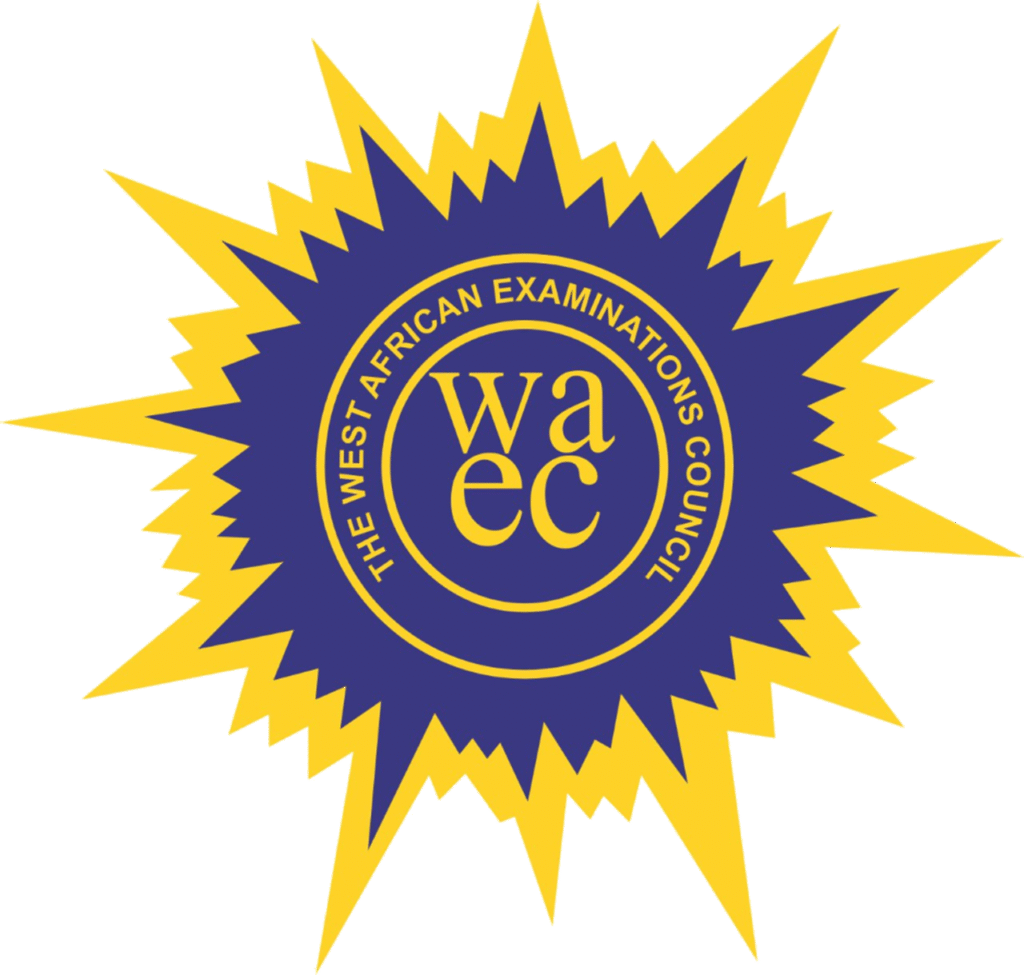Exam Malpractice Under Investigation as WAEC Confiscates Invigilator’s Phone with Solved WASSCE Papers

The West African Examinations Council (WAEC) has launched a thorough investigation following the confiscation of a mobile phone belonging to an invigilator at the Armed Forces Senior High Technical School (SHTS) in Accra. The phone reportedly contained solved questions from the ongoing West African Senior School Certificate Examination (WASSCE), raising serious concerns about exam malpractice and the integrity of the examination process.
The incident occurred on Monday, August 25, during a routine monitoring exercise conducted by WAEC officials at the Burma Camp examination center. It was while students were sitting for their first major paper, Social Studies, that the irregularity was detected.
The phone, identified as belonging to an invigilator named Bright Amoah, was found to contain answers to questions from previous exam papers, specifically the Oral English and Picture Making papers that had already been written by candidates. This discovery has alarmed the examination body and sparked a full-scale inquiry into the circumstances surrounding the breach.
WAEC’s Examination Protocols and the Breach
WAEC has strict regulations prohibiting invigilators, supervisors, or any exam officials from bringing mobile phones or any unauthorized materials into examination halls. Such actions are considered serious violations under the WAEC Act and can be treated as criminal offenses.
In response to the discovery, the Examination Centre Supervisor has been instructed to submit a detailed report explaining how an invigilator managed to carry a mobile device into the exam hall — a clear violation of the rules designed to uphold exam security and fairness.
WAEC officials are treating the matter with utmost seriousness, as the presence of solved exam questions on a device within the examination environment threatens the credibility of the WASSCE certificate and the fairness of the entire assessment process.
A Closer Look at the Investigation
Following the seizure of the mobile phone, WAEC has initiated a forensic investigation to analyze the contents of the device. The goal is to determine the source of the solved questions and whether the invigilator was acting alone or as part of a wider network facilitating exam malpractice.
The individual involved has been asked to provide a comprehensive written explanation for the possession of the mobile phone and the materials found on it.
WAEC’s spokesperson highlighted that exam malpractice cases often involve organized groups or syndicates, making it crucial to uncover any broader conspiracy behind this breach. The Council’s investigation will also aim to dismantle any such networks to protect the integrity of future examinations.
Exam Fraud: A Persistent Challenge
This incident highlights an ongoing challenge faced by educational authorities across the region—exam malpractice. According to a recent 2024 report by Africa Education Watch, cheating and fraud remain major obstacles that threaten the credibility of examinations like the WASSCE.
Such malpractice not only undermines public confidence in educational certificates but also impacts the quality of students admitted to higher institutions, ultimately affecting national development.
WAEC has repeatedly expressed its commitment to combating these malpractices through increased monitoring, sanctions, and awareness campaigns. However, when exam officials themselves are implicated, the damage to the examination system’s integrity becomes even more severe.
AEC’s Commitment to Examination Integrity
In light of this case, WAEC has reaffirmed its dedication to ensuring a transparent and fair examination process. The Council is bolstering its monitoring mechanisms to prevent similar breaches in the future and urges all stakeholders—students, teachers, invigilators, and parents—to remain vigilant and report any suspicious activities.
WAEC also reminds all exam officials of their responsibilities and the consequences of violating exam rules, stressing that maintaining the credibility of the WASSCE certificate is critical for Ghana’s educational progress and international reputation.
Moving Forward
The ongoing investigation is expected to shed light on the extent of the malpractice and reveal whether it is an isolated incident or part of a larger scheme. WAEC’s decisive response sends a clear message that any attempt to compromise the examination process will be met with strict consequences.
As the Council pursues justice in this case, it calls on the public to support efforts aimed at safeguarding the integrity of national examinations, ensuring that students earn their certificates based on merit and hard work.





